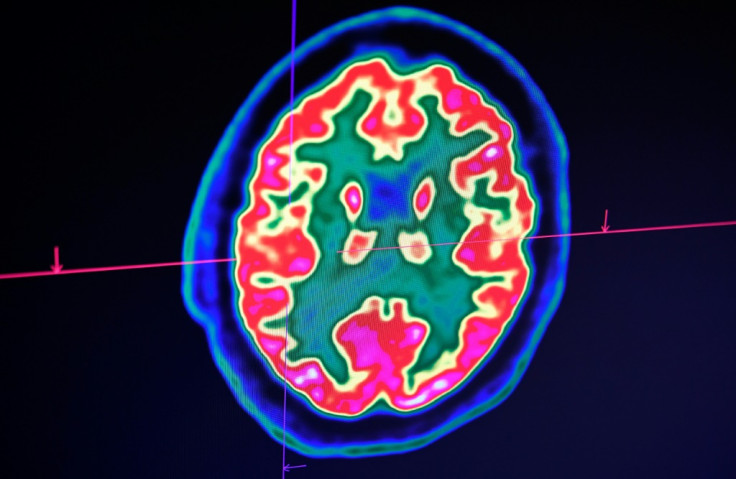Parkinson's update: Gene therapy may help prevent further deterioration of patient's brain
Scientists found that by reducing TET2, a master regulator gene, it could effectively interfere with the host of contributors to Parkinson's disease.
There may just be hope in treating Parkinson's disease as a new study revealed the discovery of a very promising method, which could turn off a specific gene known to play a big role in the patient's brain's deterioration.
In a study published in the journal Nature Neuroscience on Monday, researchers from Van Andel Institute in Grand Rapids, Michigan found that lowering TET2, a master regulator gene could help preserve the brain cells of a patient suffering from Parkinson's. They also noted that in mice's brain cells, reducing TET2 helps in protecting the cells of the brain from inflammatory damage.
Viviane Labrie, one of the scientists and an associate professor at Van Andel said that the biggest challenge that doctors face in treating Parkinson's is that by the time it is diagnosed, the disease has already wasted a significant portion of the brain. Their new research specifically answers this problem as it seeks to protect critical brain cells from the damage brought about by the disease.
The researchers compared the brains of those who are not suffering from Parkinson's and those who have the ailment. They found that in the brains of Parkinson's patients, TET2 was overactive. This overactivity resulted in the reactivation of the cell cycle, a process, which is considered deadly for the brain but would be alright for other parts of the body. It also brought about a heightened immune response in the body.
Labrie explained that by reducing TET2 activity, it could be an effective way of interfering with the host of contributors to the disease. They noted that a reduction of TET2 could provide a degree of protection to the brain from inflammatory events and also from losing dopamine-producing cells.
They noted though that further research is needed before intervention with TET2 can actually come into fruition. However, the results of their findings are very promising and they are already exploring this avenue.
Data from Parkinson's Foundation stated that by 2020, there would be close to a million who would be living with Parkinson's Disease. It also revealed that there are about 60,000 Americans who get to be diagnosed with the disease each year.
© Copyright IBTimes 2025. All rights reserved.






















